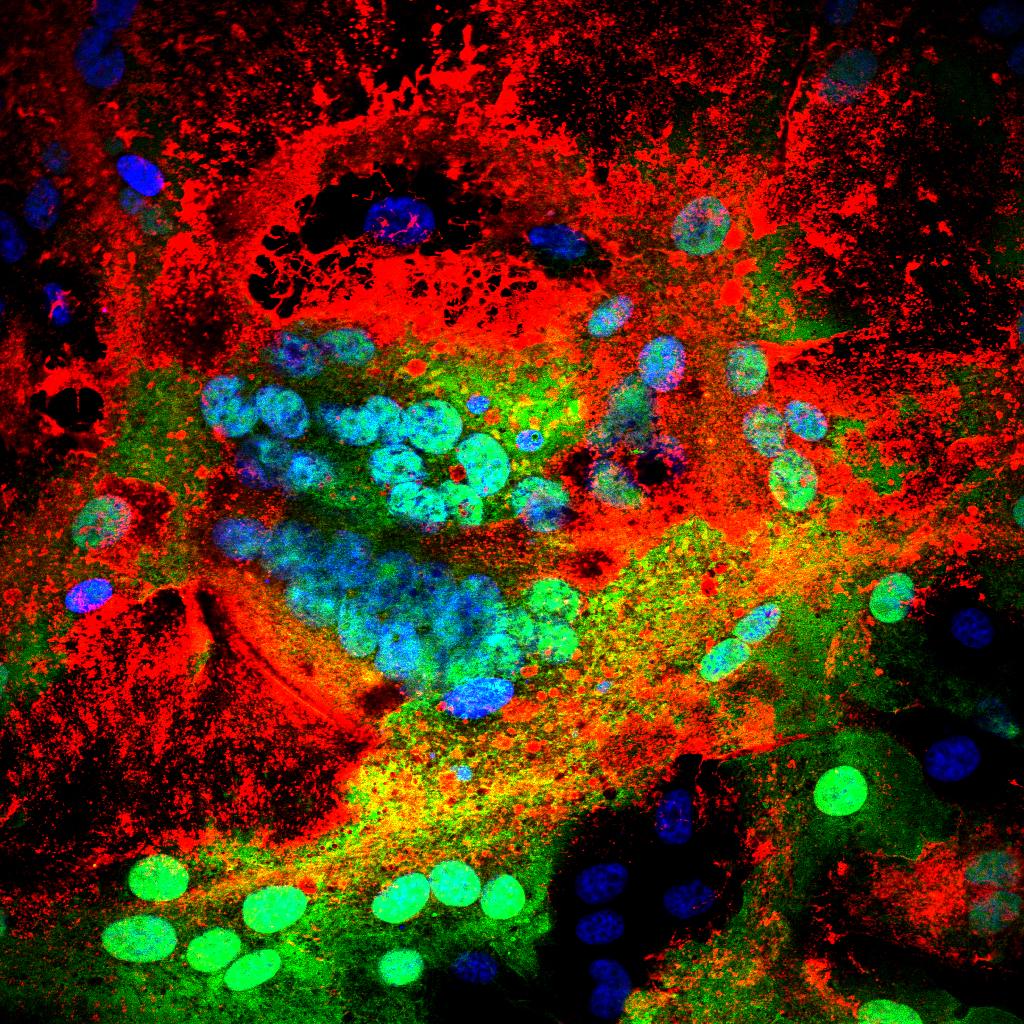Rescue of a vaccine strain of peste des petits ruminants virus: In vivo evaluation and comparison with standard vaccine
Across the developing world peste des petits ruminants virus places a huge disease burden on agriculture, primarily affecting the production of small ruminant. The disease is most effectively controlled by vaccinating sheep and goats with live attenuated vaccines that provide lifelong immunity. However, the current vaccines and serological tests are unable to enable Differentiation between naturally Infected and Vaccinated Animals (DIVA). This factor precludes meaningful assessment of vaccine coverage and epidemiological surveillance based on serology, in turn reducing the efficiency of control programmes. The availability of a recombinant PPRV vaccine with a proven functionality is a prerequisite for the development of novel vaccines that may enable the development of DIVA tools for PPRV diagnostics. In this study, we have established an efficient reverse genetics system for PPRV Nigeria 75/1 vaccine strain and, further rescued a version of PPRV Nigeria 75/1 vaccine strain that expresses eGFP as a novel transcription cassette and a version of PPRV Nigeria 75/1 vaccine strain with mutations in the haemagglutinin (H) gene to enable DIVA through disruption of binding to H by the C77 monoclonal antibody used in the competitive (c) H-ELISA. All three rescued viruses showed similar growth characteristics in vitro in comparison to parent vaccine strain and, following in vivo assessment the H mutant provided full protection in goats. Although the C77 monoclonal antibody used in the cH-ELISA was unable to bind to the mutated form of H in vitro, the mutation was not sufficient to enable DIVA in vivo.
Back to publications
